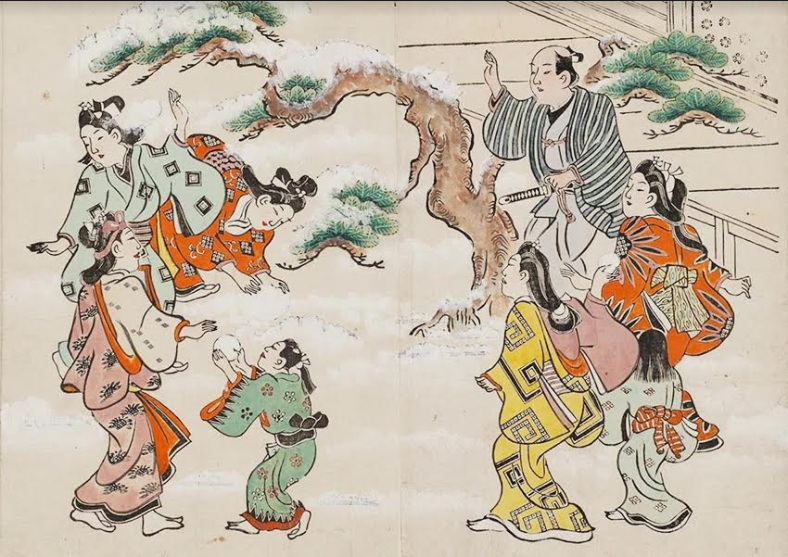Translations into Japanese have been added to the translations of Alexander Korotko’s poetry into Chinese. For the present these are three dozen miniatures – one-line poems, close in their aesthetics to poetic samples of hokku, a national treasure of Japan.
Why are Japanese translators and publishers interested in one-line poems? Obviously, laconicism combined with high imagery and plasticity of miniatures of Korotko are akin to the sophistication of Japanese poetry, since they convey thoughts and experiences in a special language, with the subtlest nuances of feelings and emotions.
In order for the master of hokku to convey an accurate picture of nature, mood, state, just a few words are enough, while each word is very weighty, you need to be careful about his choice. The same principle is applied by the poet Korotko, who, over the decades of his presence in the genre of miniatures, has formed his own unique lexical tradition: the search for accurate means of conveying the idea, an attentive, respectful attitude to the word.
Земных утех песочные часы.
Hourglass of earthly frolics.
地上の喜びの砂時計。
Провинциальная вечность.
Provincial eternity.
田舎の永遠。
Черновики памяти.
Rough copies of memory.
記憶が漂う。
Страх – мой ангел хранитель.
Fear – my guardian angel.
恐れこそ私の守護天使。
Балетная школа стрекоз.
Ballet school of dragonflies.
トンボのバレエ学校。
Пергаментный рассвет.
Parchment dawn.
羊皮紙の夜明け。
Интимная сторона луны.
The intimate side of the moon.
月の親密な側。
Улитки скрипичный ключ.
Treble clef of the snail.
カタツムリのト音記号。
Кто скажет, почему так долго в ссоре берега реки?
Who will say why the shores of the river have fallen out for so long?
川岸がなぜこれほど長く口論しているのか、誰にわかるだろう?
Translated by Japanese Ю Мацумото
